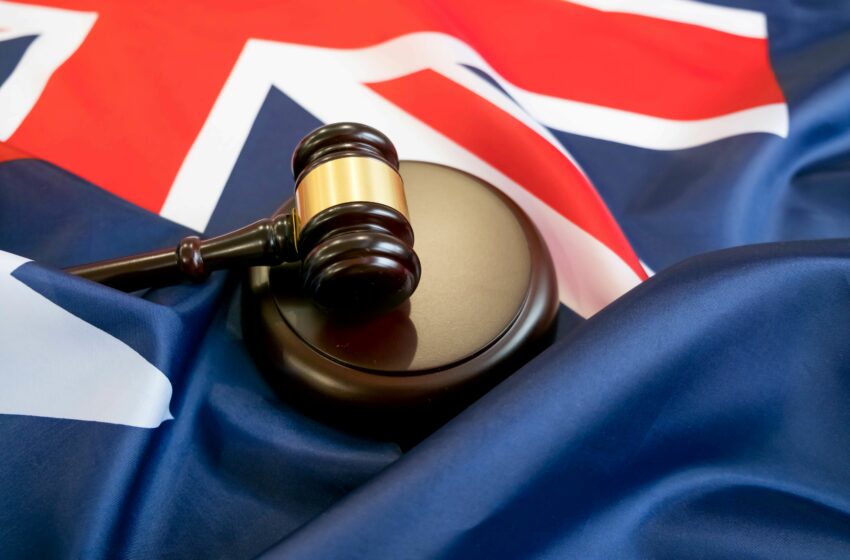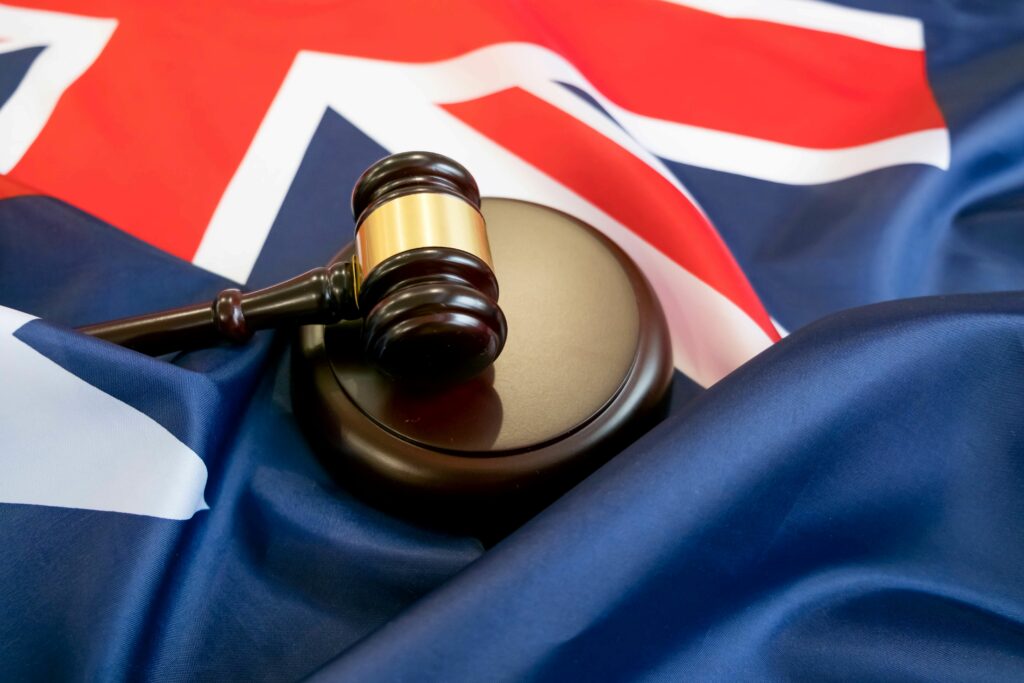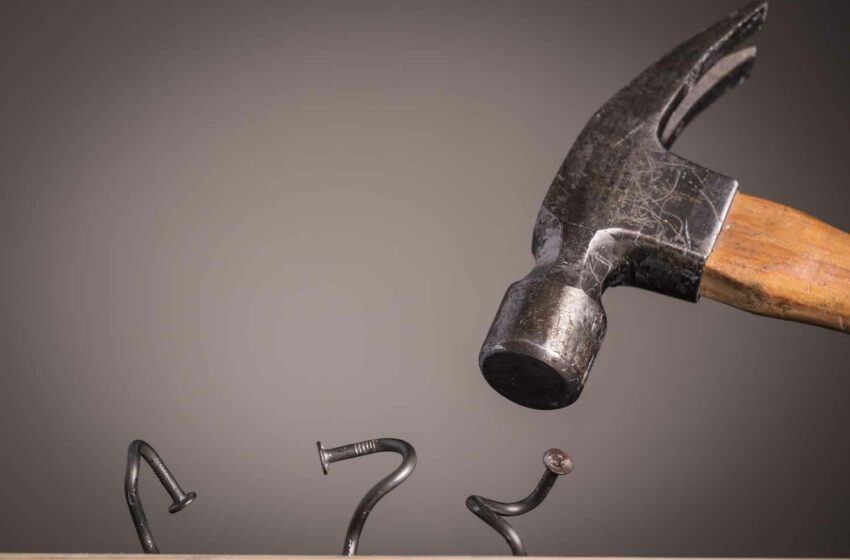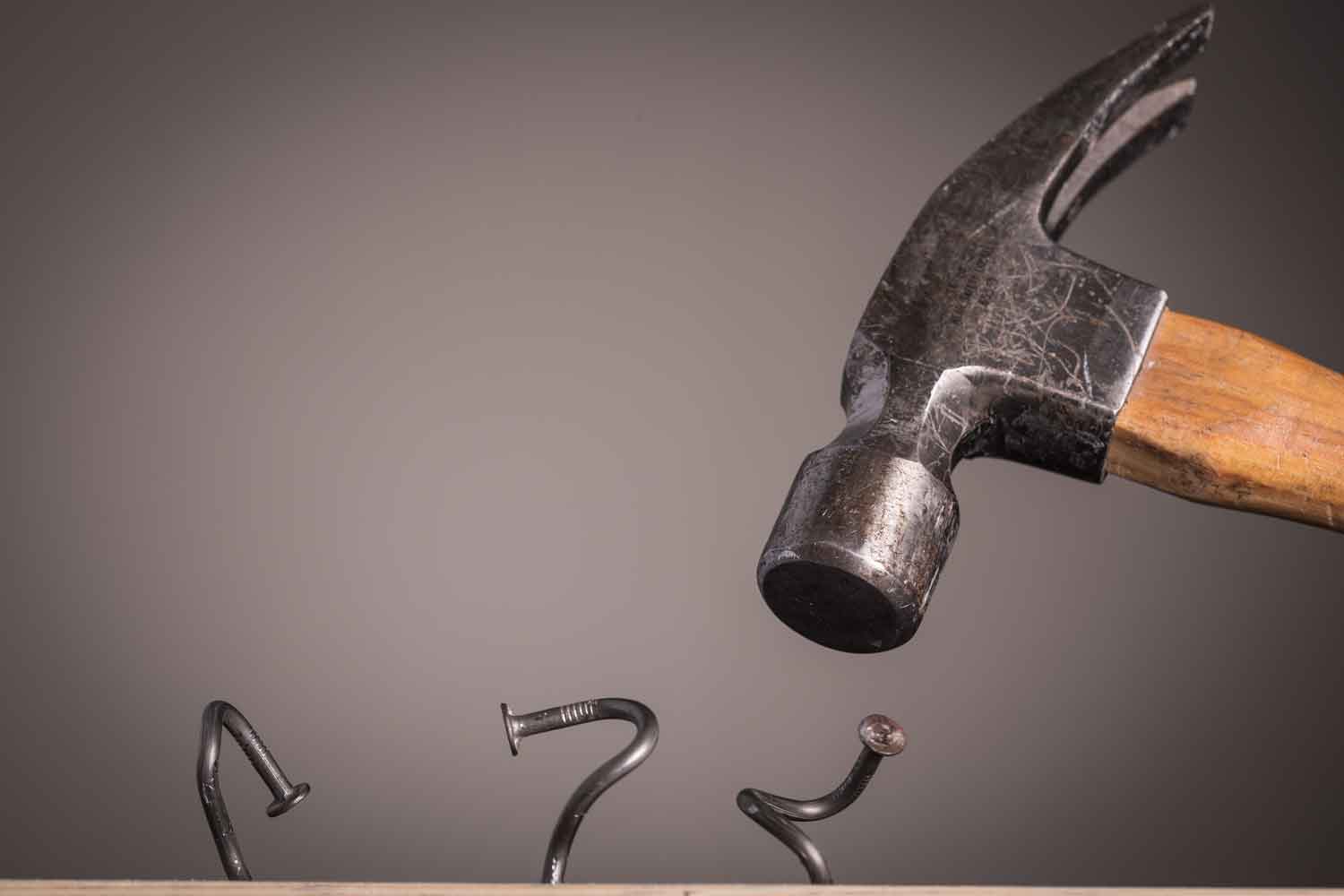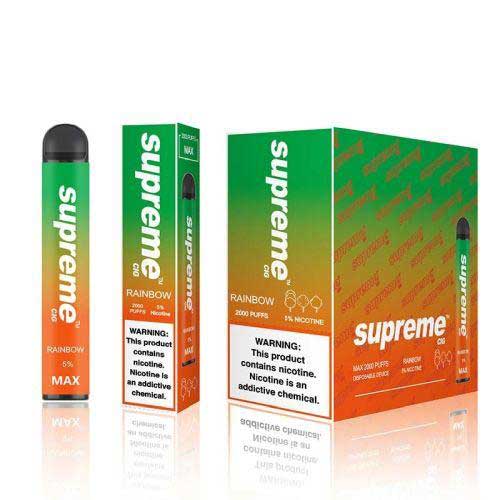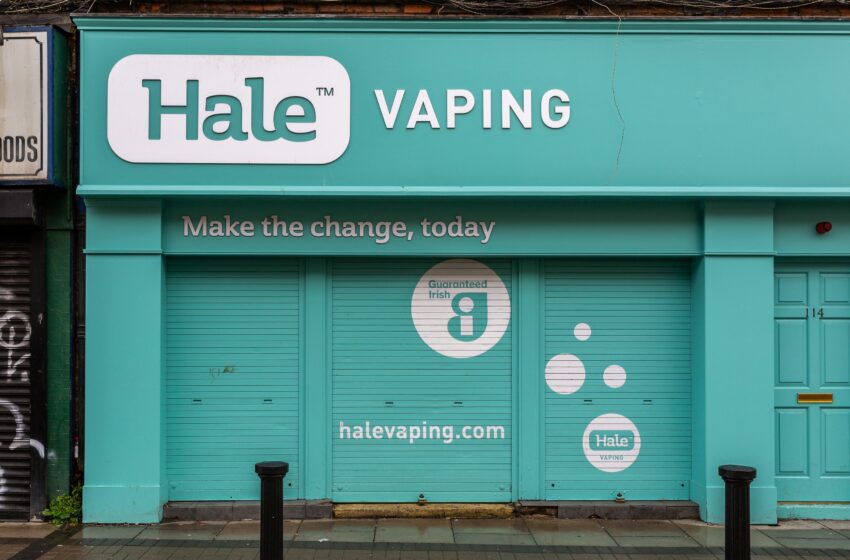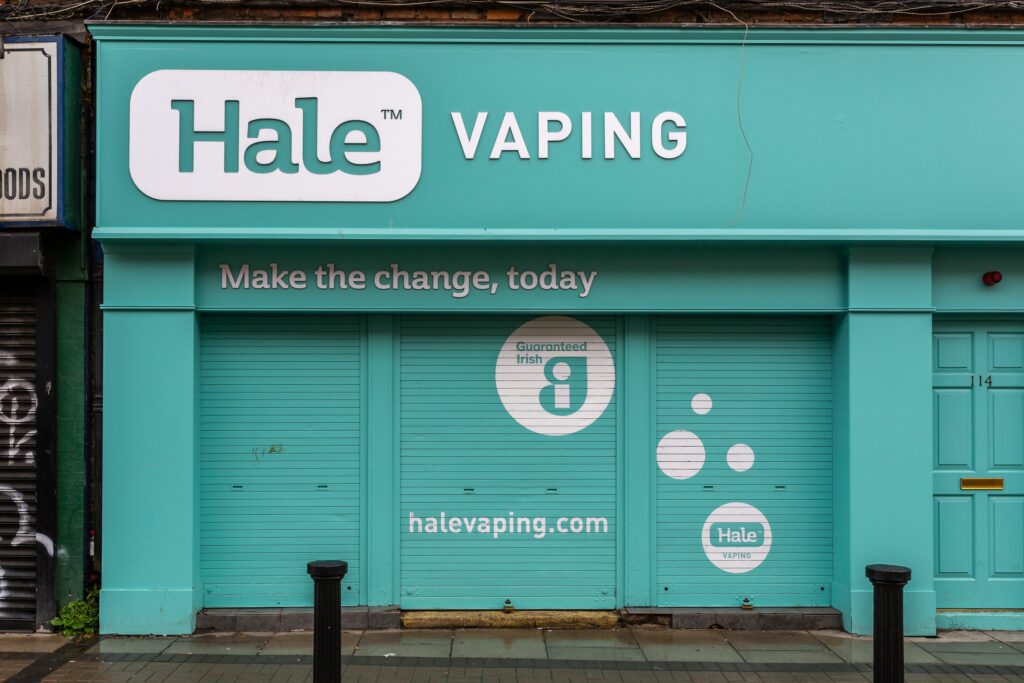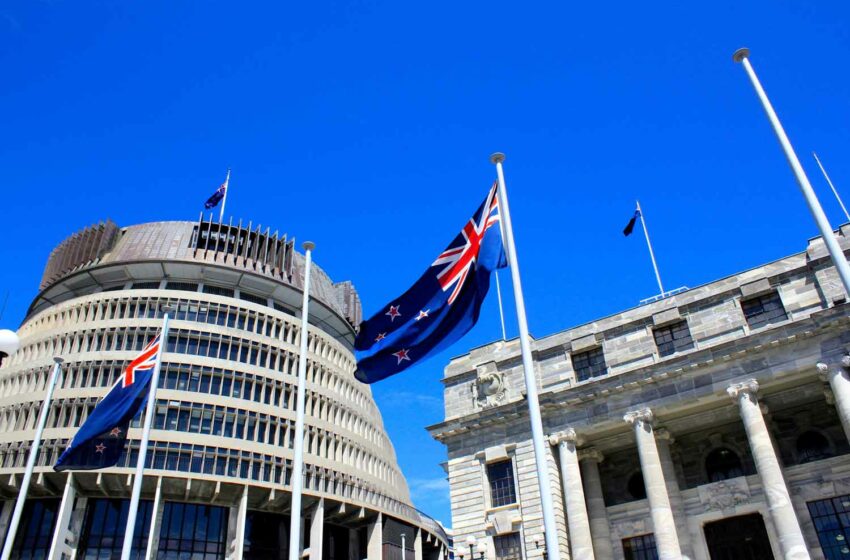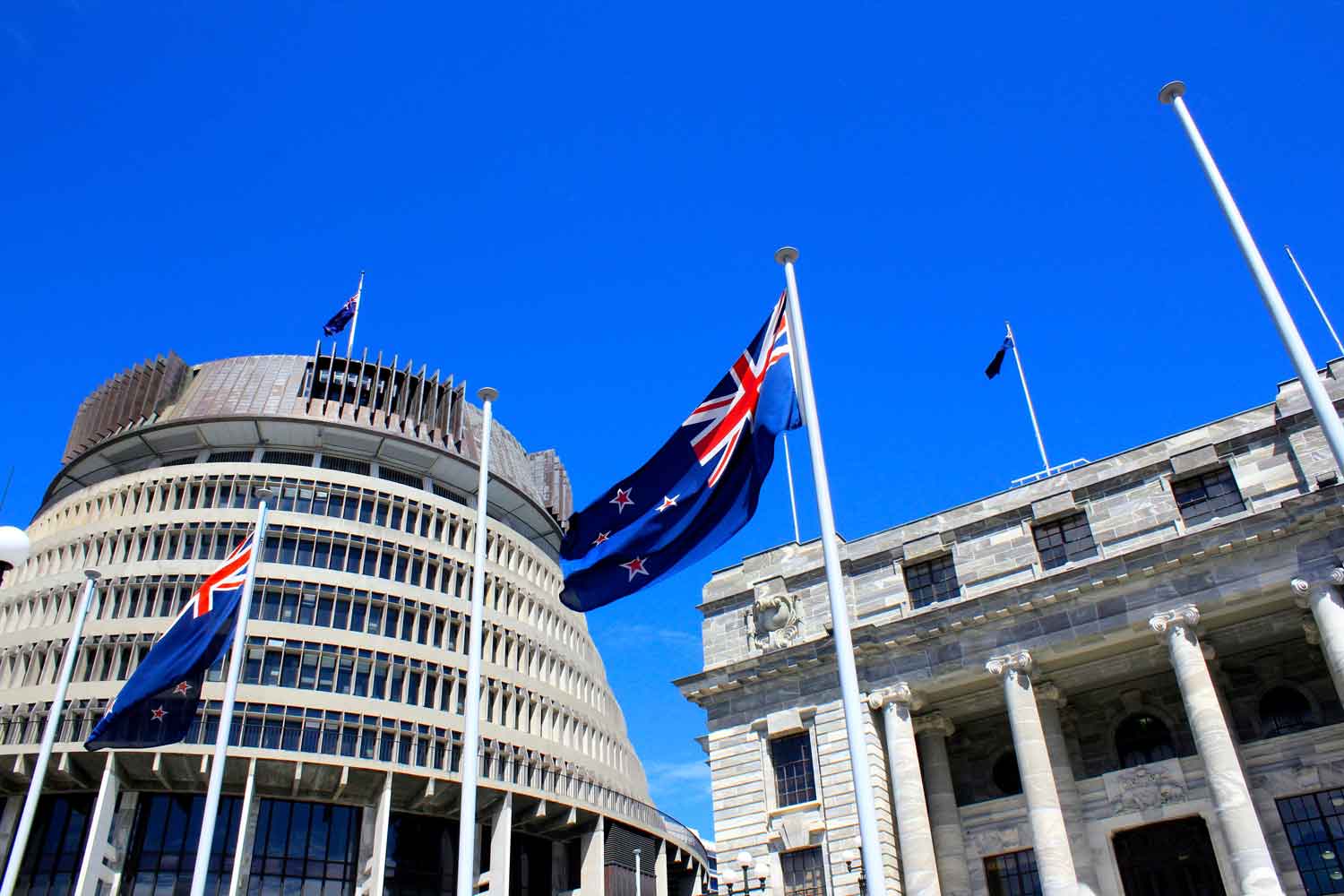New Zealand’s new coalition government plans to scrap the country’s controversial generational tobacco ban, which would have prohibited tobacco products for people born after 2009, reports CodeBlue.
The coalition agreement signed on Nov. 24 by the National Party, the ACT and New Zealand First in the wake of country’s general elections calls for a repeal of amendments to the Smokefree Environments and Regulated Products Act 1990 and regulations, which took effect Jan. 1, 2023,
In addition to prohibiting anyone from selling or supplying smoked tobacco products to people born on or after Jan. 1, 2009, the amendments would have restricteded the sale of smoked tobacco products to a limited number of approved retail outlets and extend the act’s regulatory powers over the composition of smoked tobacco products, such as nicotine levels.
While ditching the generational tobacco ban, the new government vowed to get tough on vaping by banning disposable e-cigarettes and increase penalties for illegal sales to those aged under 18.
Health advocates criticized the reversal of the amendments. “Way to start being health minister—by caving into the tobacco industry,” New Zealand’s former Health Minister Ayesha Verrall wrote on X about her successor, Shane Reti. “Repealing smokefree laws will mean thousands of deaths and billions of health.”
Smoker rights’ group Forest welcomed the repeal, and urged British Prime Minister Rishi Sunak to follow suit by abandoning similar measures in the United Kingdom.
“The policy treats future generations of adults like kids and it won’t work. It will simply drive smokers into the hands of illegal traders and criminal gangs,” said Forest Director Simon Clark.
“The consequences of the policy, which would eventually allow a 40-year-old to legally buy cigarettes while denying that right to a 39-year-old, are absurd.
“Having stolen the idea from the previous New Zealand government, the prime minister should follow the example of the next New Zealand government and scrap this crazy idea.”
On the same day of the announcement in New Zealand, Malaysia’s approved revisions to the Control of Smoking Products for Public Health Bill 2023 that decoupled that country’s planned generational end game ban from the tobacco and vape control bill.





